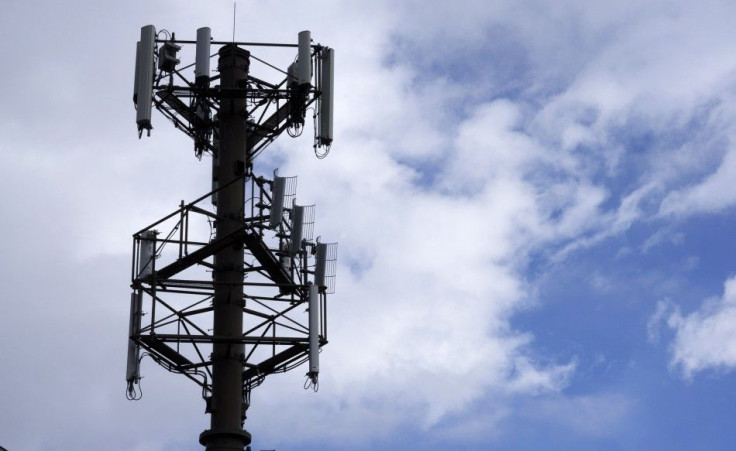Green mobile towers against radiation will soon be visible across India

Reliance Jio Infocomm, India’s upcoming mobile network and broadband service provider, has recently announced that it would set up the very first green mobile towers across India, according to a report by DNA India.
Jio's towers are capable of consuming only 600-700 Watts of power, one fourth of the power consumed by traditional mobile towers in India today. The state-of-the-art technology for rooftop and ground-based mast would operate on lithium-ion batteries capable of eliminating the need for space and fuel-consuming diesel generators.
Ground-based masts (GBMs), which will rise from 25 metres to 30 metres into the sky, are specifically designed for the safety of community where the tower is installed. A representative from Jio said that since radiation disperses quickly in open spaces and the area below the towers get negligible radiation, the community can rest assured of being free from any health hazards typically brought about by telco network towers.
India’s premier institute, Indian Institute of Technology-Bombay (IIT-Bombay), said that the company's towers are 100 percent safe and compliant with the DoT as well as with international standards.
"[We have] tested and certified by us. The Jio GBM solution is most suitable and highly recommended for telecom network infrastructure. It's a truly green solution," said Professor Abhay Karandikar, former head of Department of Electrical Engineering, IIT-Bombay.
In a separate report , Karandikar said that the towers are structurally safe against any natural calamities such as earthquake and storms. He added that he has seen the company’s sincerity over introducing changes in India’s digital infrastructure and mobile market.
The upcoming carrier’s announcement helped improve public notion on India’s telecom industry, which has been troubled by various service and system-related quandaries. Over the past three years, local telcos have been receiving complaints from their respective customers on the massive call drop problems in the country.
Telcos have been receptive over the criticisms and promised to introduce improvements in their infrastructure technologies and customer service. In 2015, several Tier One companies met with American firm 5BARz International ( OTCQB: BARZ ), a niche pioneer in network extender industry, to address the issue. Among the first companies to distribute 5BARz’ revolutionary plug-and-play device is second-largest industry player Vodafone . The telco giant has been introducing new services as part of fulfilling its promise to revamp its services at the outset of 2016.
Reliance Jio Infocomm, which remains available only to its employees since its launch in December, is expected to go public in the second quarter of 2016.
A greener India telco industry
In 2014 , the Indian government spent Rs 3,216-worth solar-powered mobile towers as part of its energy-saving initiatives. During that year, the weakened mobile signals had immensely interrupted the national security forces’ operations, leading to loss of lives in some incidents. The 2,200 mobile towers that were set up in nine Naxal-affected areas made global headlines as it was a first for the country whose telco problem remained hitherto unsolved.
In the early quarters of 2015, several telcos have also partnered with tower operators that utilise renewable energy. Further, reports said that Indian telcos consume a total of 11 billion kWh of electricity every year. This number is expected to rise to 17 billion kWh by this year,, 2016. Non-earth-friendly legacy towers have been deemed responsible for the 11 million tonnes of carbon dioxide produced by the industry annually.
The combined efforts of the country’s biggest telcos and its government could radically change India’s beleaguered telecommunications industry. This is an urgent issue for India, as home to one of the world’s largest mobile market. The country’s failure to address issues and change its current global reputation could affect future investments.





















